Todd Shea is an unlikely savior. But the people he helps don’t care that he was once a crack addict—or know that they’ve also been saviors to him.
Junaid sits on a bed, his legs stretched out under a gray blanket in his family’s two-room house in Chikar, a mountainside village in Pakistan-administered Kashmir. Even inside the house, a black wool cap and layers of donated clothes are the child’s chief defense against the winter cold. As “Uncle Todd” walks in, Junaid’s face breaks into a bright smile.
“How’re you doin’, buddy?” Todd Shea says, giving Junaid a hug. Shea turns to the boy’s father: “Is he doing the exercises the physical therapist taught him? Are you putting the leg braces on that we got for him? Is the tutor coming regularly?”
Junaid was five when an earthquake devastated Kashmir on October 8, 2005. His legs were injured when the walls of his house collapsed. Doctors said he’d never walk.
Some 79,000 people died that day; hun- dreds of thousands were injured. More than 3 million were displaced. Children were the most affected. They had just arrived at school when the earth shook at 8:50 AM. Thousands were buried in their classrooms; 9,000 schools were destroyed. Three years later, in 2008, Junaid’s father took him to the only health- care facility in this village tucked into the foothills of the Himalayas. There they met Todd Shea.
“Allah sent me an angel,” says Junaid’s father.At five-eleven and 260 pounds, with a beard and red hair, the 43-year-old Shea looks more like a lum- berjack than someone you’d find managing health-care centers in Pakistan.Raised in Laurel, he is the founder and executive director of Comprehensive Disaster Response Services, an organiza- tion that provides medical and humanitarian relief in disaster-affected areas. CDRS is headquartered in Chikar, where it employs 45 people and manages 12 health-care centers, some near the line of control with India. The centers are mainly government facilities. CDRS manages six of them entirely, hiring and paying staff, providing medicines and supplies, and running day-to-day operations; it provides logistical sup- port for the other six.Since the earthquake in 2005, CDRS centers have seen more than 400,000 patients. Each visit costs the organization about $1.80. As the only source of health care in these isolated areas, the clinics are often the difference between life and death.For Junaid, CDRS means a chance to walk again. Rizwan Shabir, one of the two doctors at the Chikar clinic, figured out that Junaid in fact wasn’t paralyzed and that with physical therapy he might regain the ability to walk. Shea arranged for Junaid to go to school and for transportation to the clinic for therapy several afternoons a week.When I traveled to Chikar in late November to see Shea’s work, he and I visited Junaid and his family. His mother made us tea and served biscuits and berries. Junaid was eager to show us what he’d learned. He wrote the alphabet and numbers in a notebook, writing each line with precision. “Zabardast, Junaid—zabardast, buddy,” Shea said in Urdu. Zabardast means “awesome.”
Junaid’s father strapped on the boy’s leg braces. I held Junaid’s hands as he walked across the room, looking down to situate each step, then looking up, beaming with pride. Before we left, he sang a song he had made up for Uncle Todd.“If someone had told me when I was growing up that I’d be living in Kashmir doing this, I’d have told ’em they were crazy,” says Shea. “I should have been dead years ago of a cocaine overdose.” ...
Read full article



